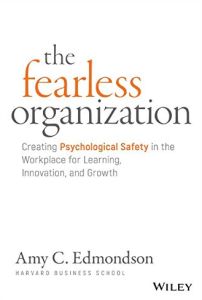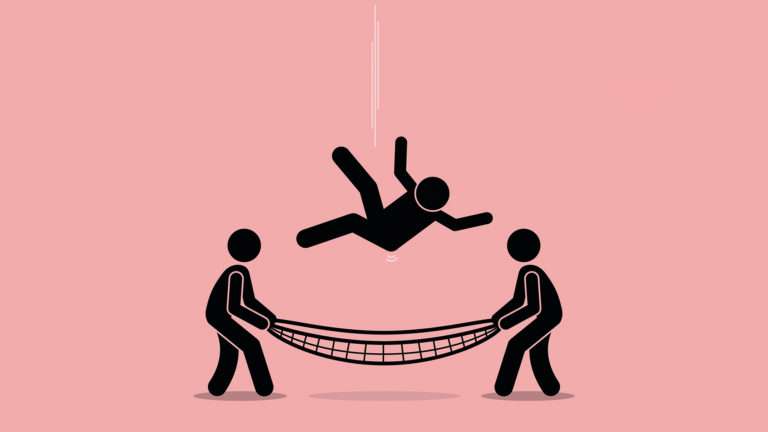Join getAbstract to access the summary!

Join getAbstract to access the summary!
Amy C. Edmondson
The Fearless Organization
Creating Psychological Safety in the Workplace for Learning, Innovation, and Growth
Wiley, 2018
What's inside?
Leadership expert Amy C. Edmondson explores censorship in the workplace and reveals its consequences.
Recommendation
Leadership expert Amy Edmondson defines a fearless organization as one in which people feel psychologically safe – enjoying protection from ridicule or penalties when they share their ideas, feedback and constructive criticisms. Where this happens, firms benefit from better ideas, greater risk taking, more learning and fewer disastrous decisions. Few firms, however, exhibit fearlessness. Leaders’ conscious and subconscious behaviors – including actions, words and even subtle cues – suppress alternative views. Employees won’t share ideas and opinions for fear of looking foolish, offending others, damaging relationships or losing their jobs. Edmondson’s deep if sometimes repetitive exploration of the harmful repercussions of self-censorship is a valuable addition to books on leadership, employee engagement and HR. Her insights will benefit leaders at every level. By taking the actions she recommends, leaders can substantially improve their teams, divisions and organizations as well as their employees’ lives.
Summary
About the Author
Amy Edmondson teaches leadership at Harvard Business School. Her research into leadership, teams and psychological safety has put her on the Thinkers 50 global list since 2011.






























Comment on this summary